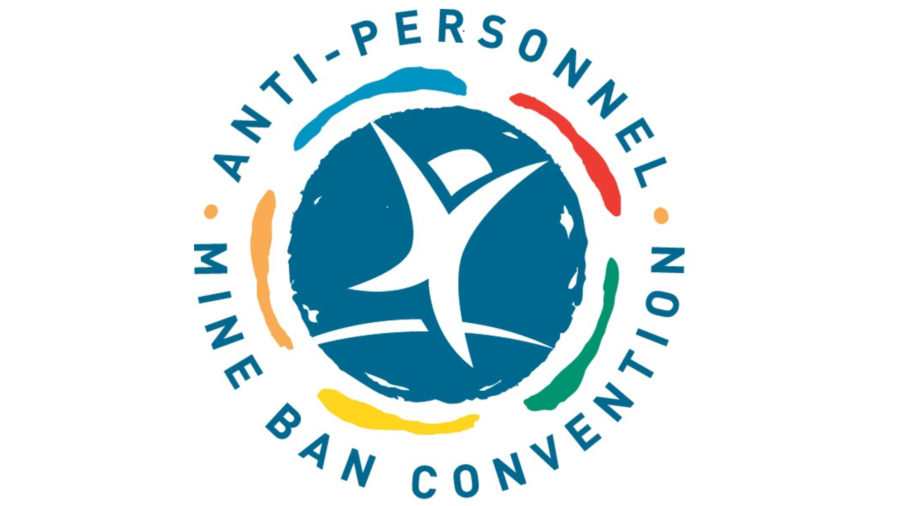3rd April 2020 Geneva, Switzerland
Enhancing Co-operation and Assistance for a Landmine Free World

On 4 April each year, we observe International Mine Awareness Day (or to give it its full title – International Day for Mine Awareness and Assistance in Mine Action).
International Mine Awareness Day aims to raise awareness about landmines and the continued need to eradicate them. On this day, we promote mine action (clearance, fencing off contaminated areas, assisting victims, and mine education).
The framework of international efforts to achieve a mine free world and to end the suffering and casualties caused by anti-personnel mines is the Anti-Personnel Mine Ban Convention. The UK has been a party to the Convention since its entry into force on 1 March 1999.
This year, the UK is chairing one of the Committees established by the Third Review Conference held in Maputo, Mozambique in 2014 – the Committee on the Enhancement of Cooperation and Assistance. The purpose of the Committee is to assist the States Parties in the full implementation of the cooperation and assistance provisions of the Convention, putting into practice the shared commitment to end the suffering and casualties caused by anti-personnel mines. The other members of the Committee are Colombia, Germany and Turkey. During the coronavirus crisis, we are finding innovative ways to work and last week held our first virtual Committee meeting over Zoom.
A key role for the Committee is to facilitate the fostering of partnerships between States Parties seeking to receive assistance and those in a position to provide such assistance. One way we do this is by supporting affected States Parties in organising what we call Individualised Approach meetings, which provide them with an opportunity to present on their remaining challenges and the support they need to overcome them. This year, should the circumstances permit, the Committee hopes to organise meetings in support of two States Parties that are close to completion of their mine clearance obligations.
At the Fourth Review Conference, held in Oslo, Norway in November last year, States Parties agreed to a plan with the actions that they would take over the period 2020-2024 to implement the Convention. The Oslo Action Plan has 50 actions in total, with actions 42 to 47 dedicated to cooperation and assistance. Our Committee will promote these actions and encourage States Parties to include information on their implementation in annual transparency reports. At the intersessional meetings (scheduled for 30 June -2 July) the UK will then present the Committee’s preliminary observations on the information received.
The Oslo Review Conference also expanded the mandate of the Committee to consider matters relating to gender and the diverse needs and experiences of people in affected communities in every aspect of its work. We are delighted that Colombia has agreed to be our Gender Focal Point and has already been promoting the importance of States reporting on these matters in their annual transparency reports due on 30 April.
Funding for mine clearance remains vital. However, today’s funding climate is difficult. We will use our leadership of this Committee to further the conversation on alternative and innovative funding. We also plan to host a thematic discussion on the issue of donor coordination at the upcoming intersessionals.
The Oslo Action Plan is an ambitious plan for achieving the objectives of the Convention. Our cooperation and assistance efforts will need to match this ambition.